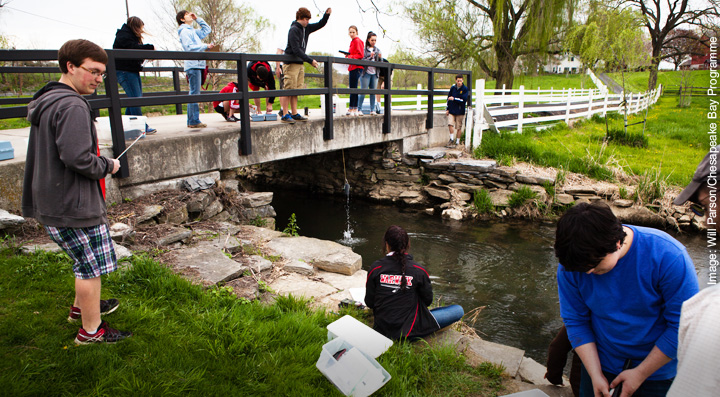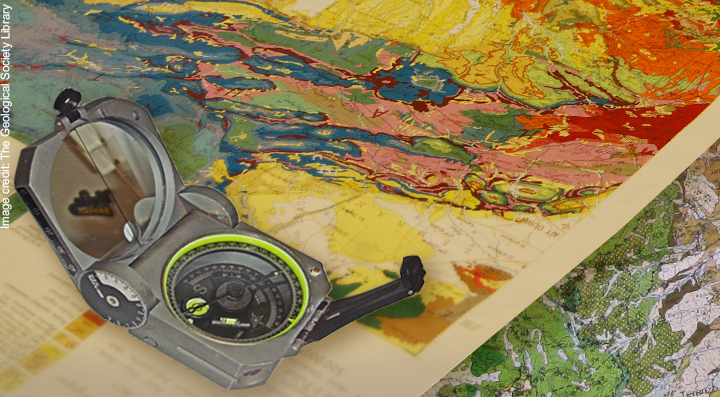Studying Geology at School
You can study Geology as an independent A Level or GCSE subject in England, Wales and Northern Ireland. Geology is also taught when it overlaps with other subjects, as part of the science and geography curriculum.
Note that the information on this page is correct at the time of writing (February 2016) but the current GCSE and A level Geology specifications were taught for the last time from September 2016. From the academic year beginning September 2017, new GCSE and A levels will be taught. At this point the examining board WJEC will become known as EDUQAS.

After Age 16 in England, Wales & Northern Ireland: A & AS Levels
In England, Wales and Northern Ireland, geology may be studied at A (advanced) level and AS (advanced subsidiary) level through the OCR and WJEC examining bodies. AS level is equal in weight to half an A level.
Not all schools and sixth-form colleges offer A level geology, and it is not an essential subject for entry to a degree course. Taking science subjects and maths, possibly with/without geography will provide a solid base for going on to university if that is your intention. The course content for A level geography (and, to a lesser extent, science subjects) typically includes some Earth science.
After age 16 in Scotland: Highers
In Scotland the main post-16 academic qualification is the ‘Higher’. Students typically take a number of subjects at Higher level, and then proceed to Advanced Highers, if available; or opt to take more Highers. Since 2015, geology is not offered at Higher level; students planning to study geology at university are advised to study maths and science subjects, although some schools are offering the English Geology A Level.
Four Higher qualifications are typically equivalent to three A levels as the entry qualification for university in Scotland, along with Scottish Vocational Qualifications and National Qualification Group Awards. For universities in the UK, outside of Scotland, Advanced Highers may be required.
In 2015/16 new National Qualifications were introduced across Scotland. SQA is one of three partner organisations responsible for Curriculum for Excellence (CfE) - the 3-18 curriculum in Scotland. Please visit the Education Scotland website for further information on Curriculum for Excellence.

 Before age 16 in England, Wales and Northern Ireland: GCSEs
Before age 16 in England, Wales and Northern Ireland: GCSEs
For students aged 14 – 16 (Key Stage 4), geology can be taken as a separate GCSE (General Certificate of Secondary Education) at some schools, which extends the Earth science content well beyond that in the National Curriculum. This GCSE Science: geology syllabus is administered by the Welsh Joint Education Committee (WJEC).
All students, however, can take a GCSE in Core Science at Key Stage 4. Most then take extra science either as ‘Additional Science’, ‘Applied science’, or through individual science subjects leading to GCSE awards in physics, chemistry and biology. At Key Stage 4, for those students who cannot take a GCSE specifically in geology, geological content is present in the GCSE geography and science courses.
Before age 16 in Scotland: Nationals
Since 2014, Scottish pupils aged 14 – 16 study National Qualifications. A variety of subjects are available including science, environmental science physics, chemistry and biology.


